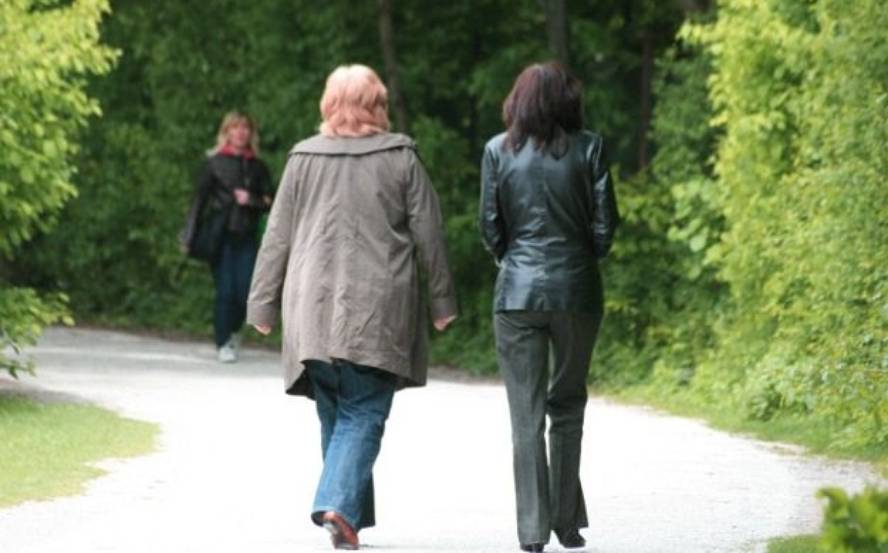Living near green areas delays menopause
A study conducted in nine European countries, including France and Spain, reveals that women living near green areas have menopause 1.4 years after those living far away (51.7 and 50.3 years on average, respectively).
The study collects data from 1,955 women for more than 20 years. During these years, in addition to completing life habits and health status questionnaires, blood tests were performed and the green areas of their places of residence were measured.
According to researchers, the age of onset of menopause influences genetics and life habits, such as tobacco, obesity, physical activity and oral contraceptives. They consider that green areas can act in several ways, one of them linked to cortisol.
In fact, stress increases the concentration of cortisol in blood and green areas drops. The low level of cortisol is related to the high level of estradiol and a high concentration of estradiol delays the onset of menopause.
In parallel, green areas reduce the risk of depression and other mental pathologies, which also contributes to delaying menopause.
Researchers hope the study will help plan healthy cities.






